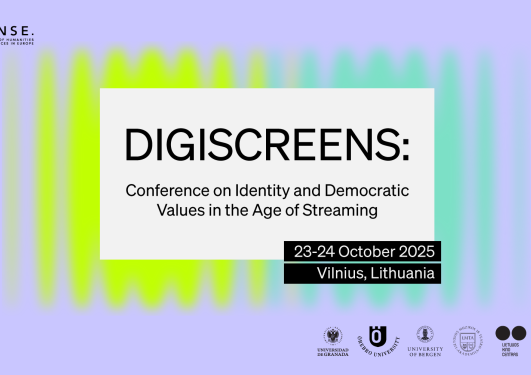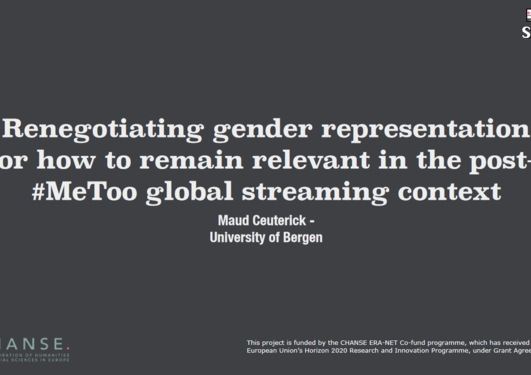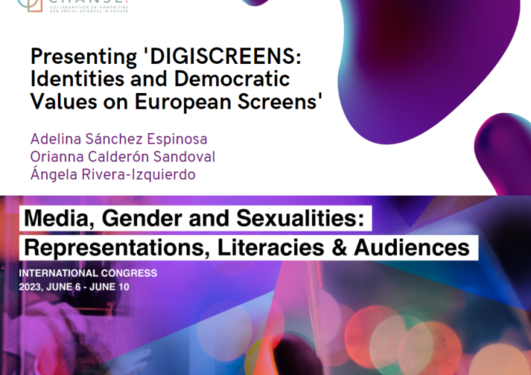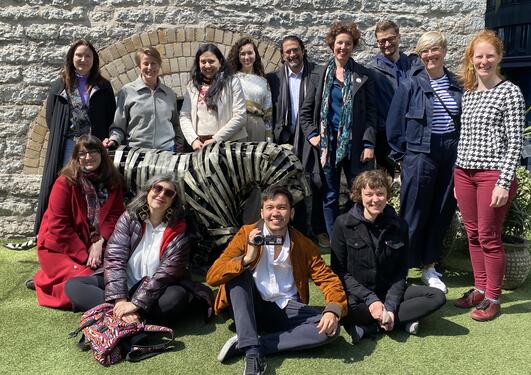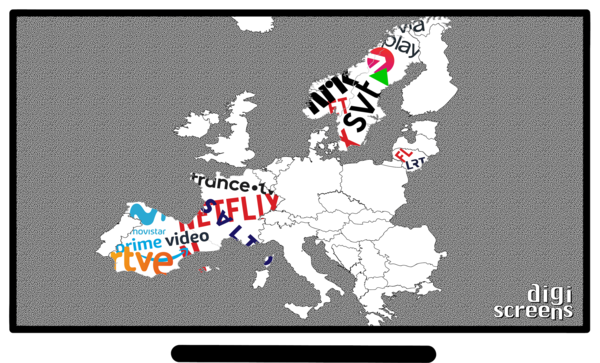
"DIGISCREENS - Identities and democratic values on European digital screens: Distribution, reception, and representation" asks how the streaming of audiovisual content from a great geographical diversity affect:
a) the construction of identity and socio-cultural aspects such as gender, race, class and sexuality in film and TV series distributed in Europe,
b) European audiences' reception of this content and negotiation of democratic values such as equality, inclusion, and solidarity
Project DIGISCREENS is supported by The Research Council of Norway, Research Council of Lithuania, FORTE: Swedish Research Council for Health, Working Life and Welfare, la Agencia Nacional de Investigación del Ministerio de Ciencia e Investigación, under CHANSE ERA-NET Co-fund programme, which has received funding from the European Union’s Horizon 2020 Research and Innovation Programme, under Grant Agreement no 101004509.
